That native species are good and non-native species are bad has become an entrenched belief system and a way species are routinely classified. It sounds good. We would all want “native” species to dominate our ecosystems. “But what if we’re wrong about non-native species?” asks a new paper by University of Ottawa researchers Heather Kharouba and Stephanie A. Rivest.
For years many ecologists and biologists have questioned this paradigm because it casts non-natives as “guilty until proven innocent.” Mark A. Davis, Matthew Chew, Canadian Brendon Larson, and Ken Thompson have been leading thinkers in this work. (Find more on our website under Resources). As an ecologist, Ken Thompson says he began his career accepting the received wisdom that non-natives were invasive and destructive, but soon found it simply did not hold up to scrutiny. It was clear to him that many non-natives were benign or even beneficial.
Indeed, “some non-native species contribute to regional biodiversity,” according to Good or Bad: some ‘invasive species’ can help native ecosystems thrive, the February 2023 paper by the University of Ottawa researchers. Snail kites were on the brink of extinction “but appear to be making a comeback thanks to an invasive species of snail,” finds a University of Florida monitoring program reported on CBC’s As it Happens on March 16.
Part of what troubles all these scientists is the dark side to casting all non-natives as evil-doers: they become subject to “management” programs, in order to reduce their numbers by preventing them from having offspring and/or by killing adults. Such actions are presented as solutions. Hunters also present hunting as a solution and lobby to have open season on these undesirables.
In the case of Mute Swans, who are labeled “non-native” and “invasive,” their eggs and nests are routinely destroyed so cygnets do not hatch. Juveniles and adults are killed on federal and private property. And now the federal government is considering removing the small protections they have enjoyed by being a species listed in the Migratory Birds Convention Act. The Ontario Federation of Hunters and Anglers is lobbying for just that removal. Such a change in the Act could pave the way for widespread culls and for hunting – to solve for a problem that evidence suggests does not exist.
Let’s embrace the wonders and complexities of species’ presence in our ecosystems and not accept that all non-native species have no place here. For them, these labels are a matter of life and death – and “what if we’re wrong?”

